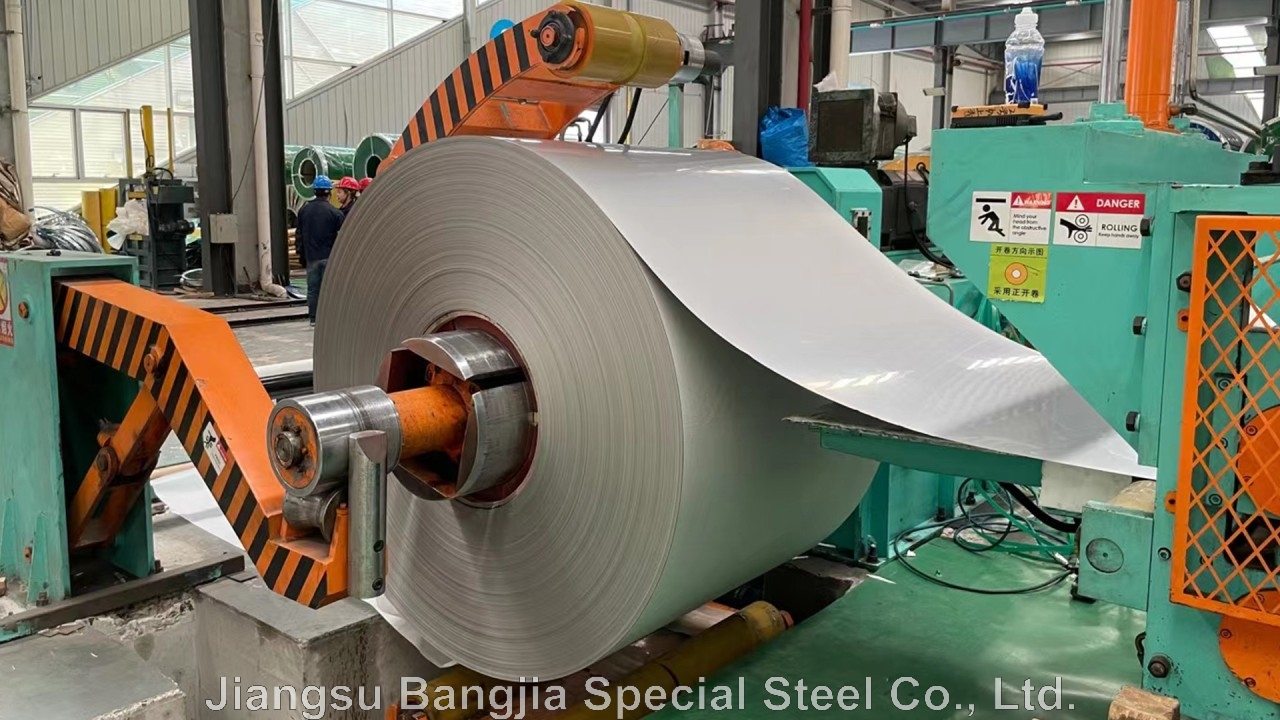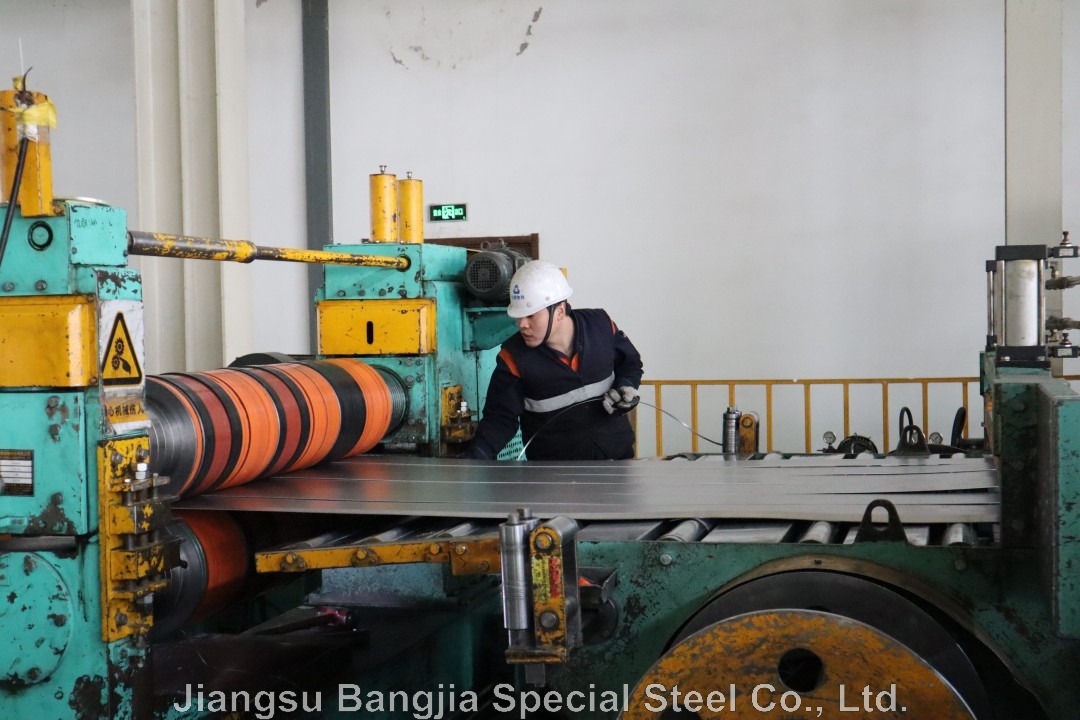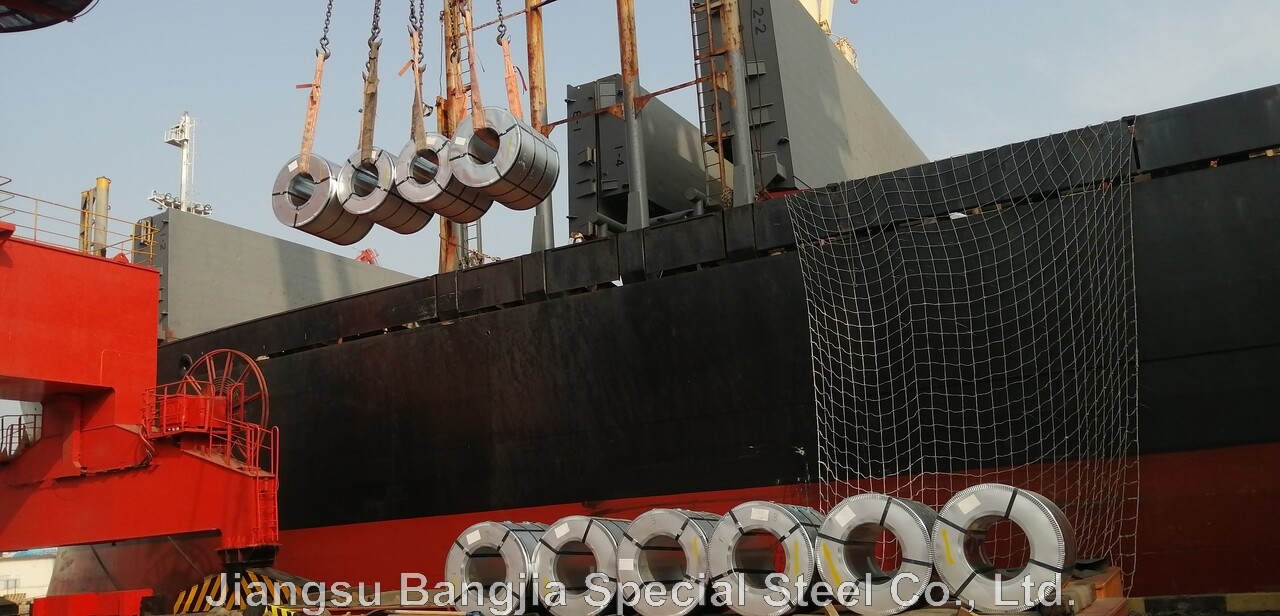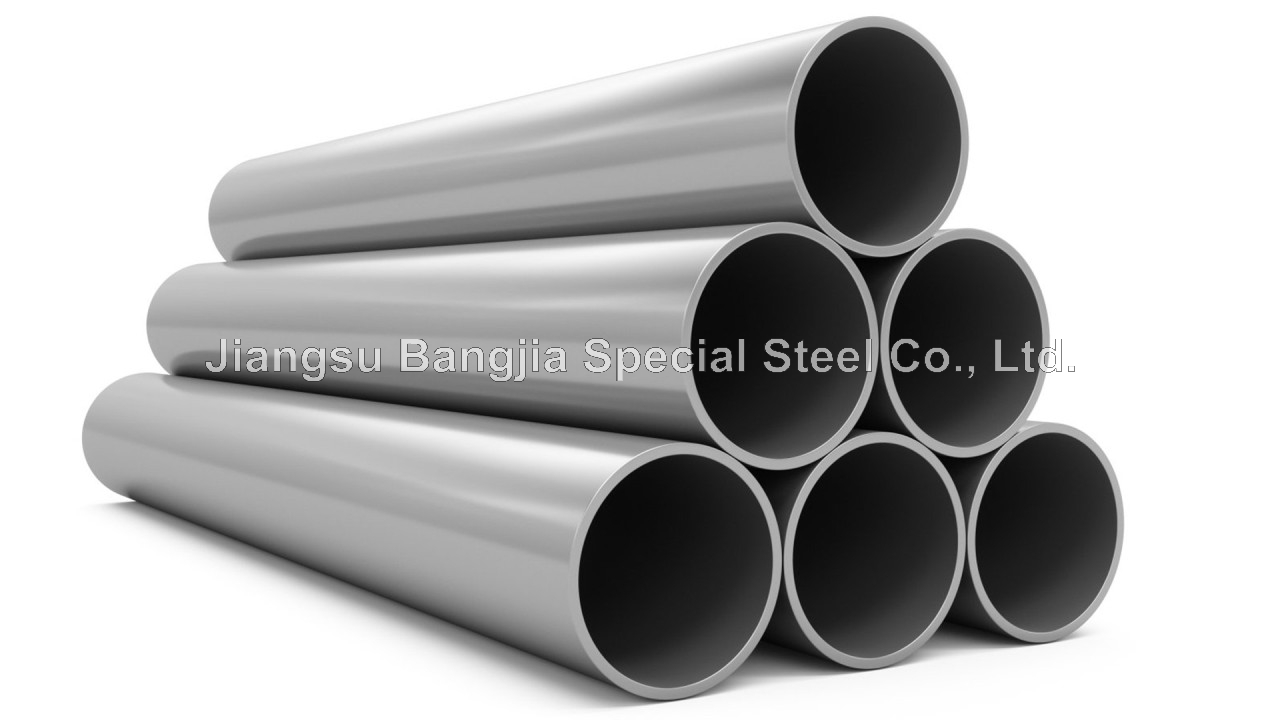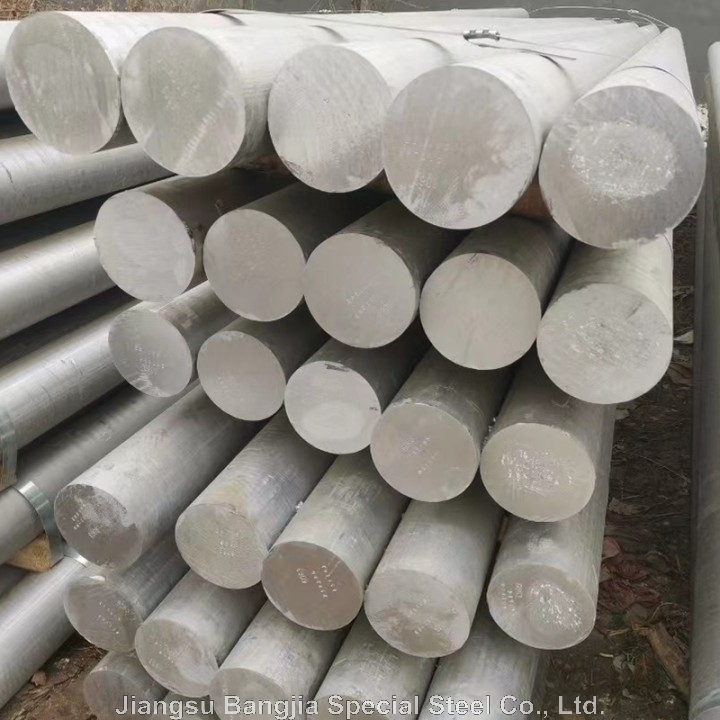
What is the difference between nickel-based alloys and stainless steel?
The composition difference between nickel-based alloys and stainless steel
Nickel-based alloys are alloys composed of nickel, chromium, molybdenum, iron and other elements, in which the nickel content is more than 50%. Stainless steel is mainly an alloy composed of iron, chromium, nickel and small amounts of other elements. Although both contain elements such as nickel and chromium, nickel-based alloys contain more nickel than stainless steel.
Performance differences between nickel-based alloys and stainless steel
Nickel-based alloys have the characteristics of high-temperature strength, corrosion resistance, wear resistance, corrosion resistance and crack resistance, and are therefore widely used in aviation, energy, chemical industry and other fields. Stainless steel is known for its excellent corrosion resistance and strength advantages, and is widely used in the manufacture of kitchenware, cosmetic containers, building materials, etc.
Differences in application scope and characteristics between nickel-based alloys and stainless steel
Nickel-based alloys perform well in high-temperature and highly corrosive environments, such as used in the manufacture of high-temperature furnace stones, chemical equipment, automotive parts, etc. Stainless steel is suitable for corrosion and oxidation problems in general environments, and is suitable for the production of food storage and processing equipment, medical equipment, and building manufacturing. In addition, due to differences in ingredients and performance, there is also a certain price difference between the two.
Chat Online
By clicking 'Allow All', you agree to the storage of cookies on your device to enhance site navigation, analyze site usage and assist with our marketing efforts. Coo Cookie Notice

